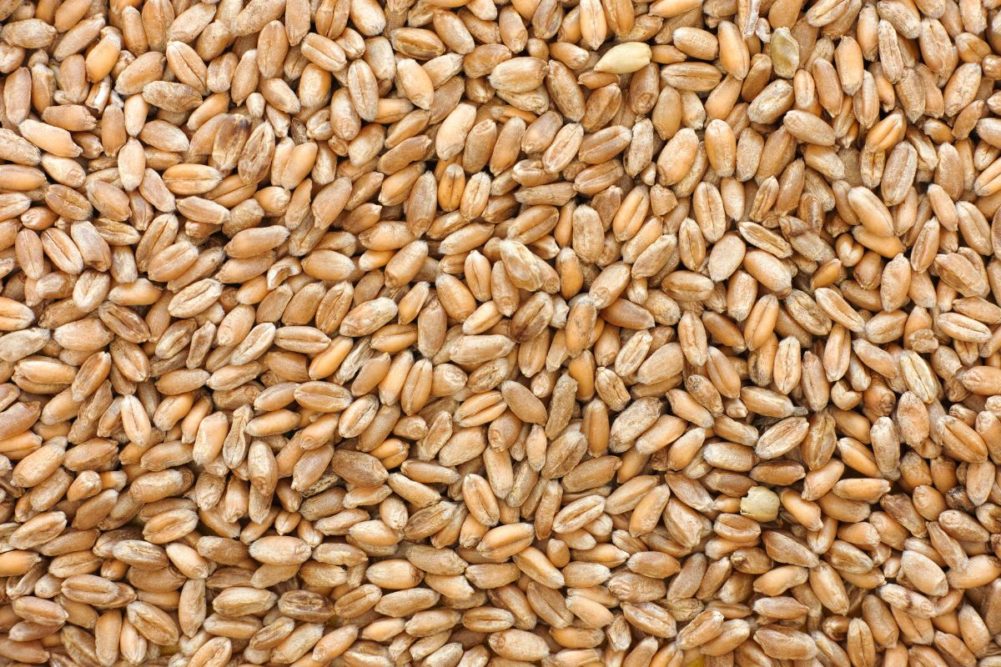NYON, SWITZERLAND — The International Seed Federation (ISF) and CGIAR will work together to address low agricultural productivity resulting from poor adoption of improved varieties and limited access to quality seed.
The agreement is part of both groups’ commitments to the UN Food Systems Summit 2021.
“This partnership with CGIAR is a significant step toward addressing the challenges faced by farmers who are the primary stakeholders of the seed sector,” said Michael Keller, secretary general of the ISF. “More than ever the private and public sector should engage collectively to empower farmers in the world, and with this memorandum we would like to leverage our contributions. By combining our respective expertise and resources, we aim to make a lasting impact on global agricultural productivity and food security.”
The groups will work together to provide solutions to complex issues in the seed sector and overall agri-food systems. They will take the lead in informing policy, discourse, discussions and advocacy efforts. These include:
1. Developing a common understanding of the seed regulatory and policy frameworks. The program also aims to harmonize and facilitate regional policies on variety release, data sharing, and seed trade, thereby fast-tracking market introduction of new varieties. Additionally, it includes technical support to address gaps in the seed sector.
2. Exploring opportunities to create and maintain a common platform. It would serve to reach a common understanding of variety registration, digital cataloging, and licensing models for varieties from both public and private research. It also seeks to create better awareness of international agreements and enhance understanding of intellectual property (IP) rights, and to jointly designing license monitoring and stewardship mechanisms.
3. Facilitating partnerships on improving seed delivery to smallholder farmers. To achieve this, the partnership is committed to support the implementation of subregional harmonized seed regulatory programs. Efforts also include establishing linkages between these programs and the “Seeds Without Borders” initiative.
4. Designing innovative models for capacity building of local and regional seed producers and farmers.
“Our collaboration with ISF aligns with CGIAR’s commitment to transforming food, land, and water systems,” said Chris Ojiewo, strategic partnerships and seed systems lead at CGIAR. “Together, we can develop innovative solutions and strengthen seed systems, ensuring smallholder farmers — including women and youth — have access to improved varieties and quality seed. With this, farmers can realize improved genetic gains in their fields and we can boost sustainable agricultural practices.”






